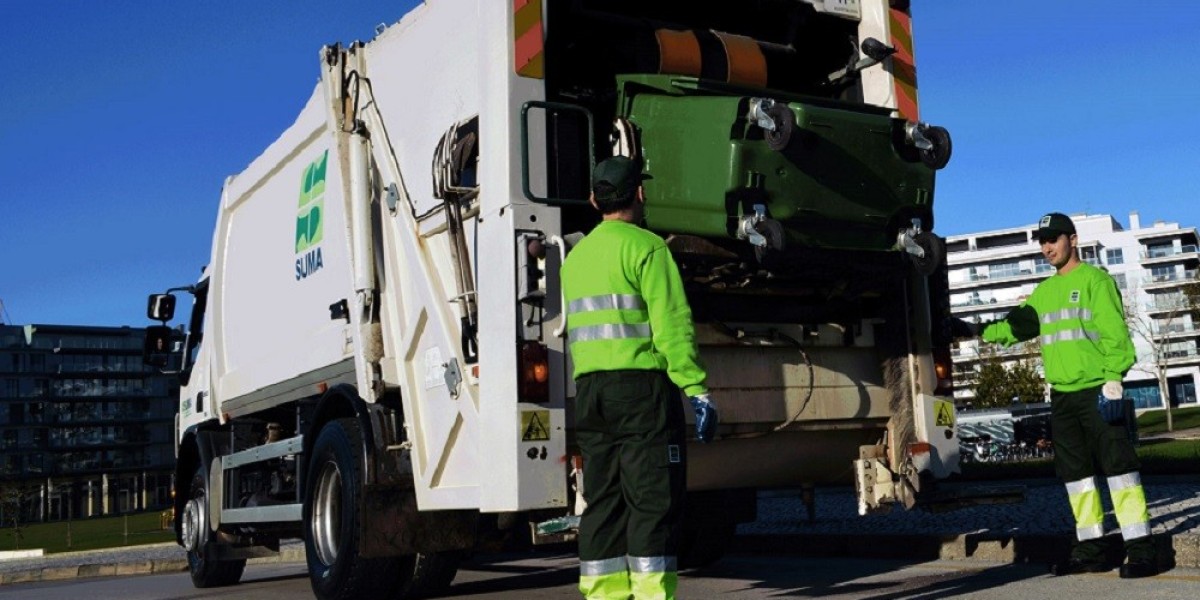Our world is facing an unprecedented environmental crisis, with waste pollution posing a significant threat to the delicate balance of our ecosystems.
The accumulation of waste is not only unsightly but also leads to severe consequences for both human health and the planet's well-being. As we navigate the path towards sustainable development, it becomes increasingly essential to recognize the significance of waste collection as a crucial solution.
In this article, we will explore the vital role that waste collection plays in shaping a clean future and promoting sustainable development. We will delve into its profound impact on reducing pollution, conserving resources, and driving recycling efforts. By understanding the importance of proper waste management, we can pave the way for a brighter and more environmentally conscious future
The Environmental Impact of Waste
The impact of waste on our environment is an omnipresent and pressing concern that demands immediate attention. Our planet, burdened by the mounting quantities of waste we produce, suffers from a deteriorating ecosystem.
The indiscriminate disposal of waste pollutes our soil, contaminates our water sources, and releases harmful greenhouse gases into the atmosphere.
Picture a world where rivers run clear, land remains untainted, and the air we breathe revitalizes our spirits. By comprehending the grave consequences of waste mismanagement and embracing sustainable solutions, we can pave the way for a brighter future brimming with pristine surroundings and unspoiled natural beauty.
The Role of Waste Collection in Sustainable Development
Waste collection plays a pivotal role in fostering sustainable development, acting as the cornerstone for effective waste management practices. By systematically collecting and disposing of waste, communities can mitigate the adverse environmental impacts associated with improper waste disposal.
Moreover, this process contributes to the preservation of natural resources and enhances public health and well-being.
Effective waste collection systems provide a multitude of benefits that extend beyond mere cleanliness. They prevent hazardous substances from polluting air, water, and soil, safeguarding both ecosystems and human populations.
Additionally, through the proper separation and sorting of waste at collection points, valuable recyclable materials can be recovered, reducing the demand for new resource extraction.
Waste Collection as a Foundation for Recycling and Resource Recovery
Waste collection serves as a fundamental pillar in fostering recycling and resource recovery, thus driving the shift towards a sustainable future.
By systematically collecting waste materials, we lay the groundwork for transforming them into valuable resources through recycling and other innovative processes. This approach not only mitigates the negative environmental impacts of improper waste disposal but also presents an opportunity to create a circular economy that maximizes resource efficiency.
Through an efficient waste collection system, various materials such as paper, plastic, glass, and metals can be sorted and directed towards appropriate recycling facilities. Recycling these materials not only reduces the extraction of virgin resources but also saves energy and reduces greenhouse gas emissions associated with their production from scratch.
Furthermore, waste collection allows us to unlock hidden potentials within discarded items. Advanced technologies enable the extraction of valuable components from electronic waste or recovering energy from organic waste through anaerobic digestion or incineration with energy recovery.
These innovative approaches promote a more sustainable use of resources while reducing landfill space requirements.
Conclusion
Waste collection plays a pivotal role in paving the way towards a sustainable future. By properly arranging garbage waste collection, we can significantly reduce its environmental impact and contribute to the preservation of our planet for future generations.
Embracing innovative recycling and resource recovery practices will not only minimize pollution but also unlock economic opportunities through the creation of new industries and job prospects. Together, let us strive to champion waste collection as an integral part of our journey towards a cleaner, greener tomorrow.








